Emotional abuse and intimate betrayal can make you feel small. What does it mean to find your voice?
To discover if you’re emotionally abused, take this free emotional abuse quiz.
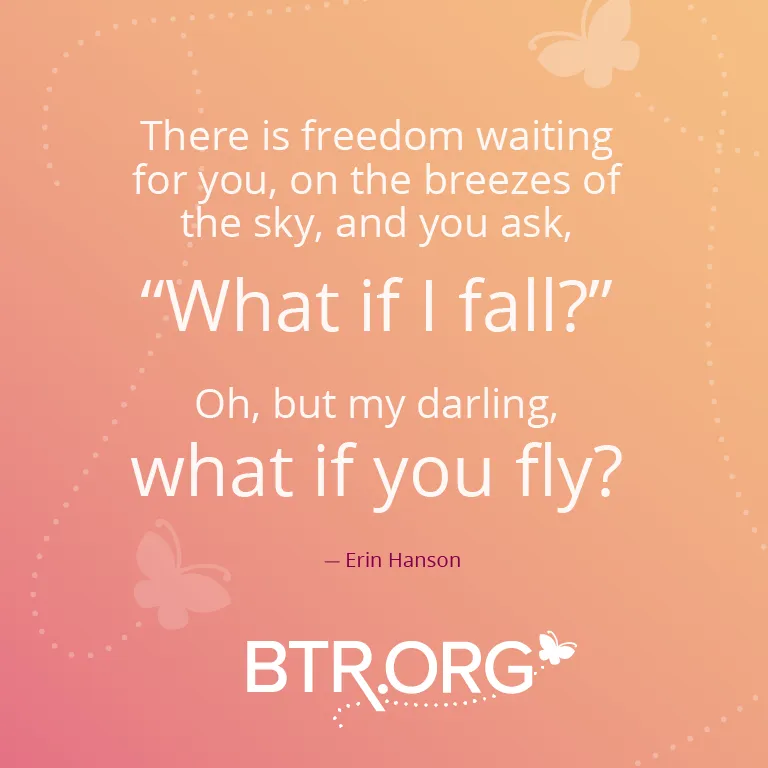
How Can I Find My Voice When I’m Experiencing Emotional Abuse & Intimate Betrayal?
Finding your voice does not mean confronting your abuser. In fact, that can be dangerous for you. Instead, find your voice by:
- Journaling about your experiences
- Sharing your story with a trusted friend
- Attending a Betrayal Trauma Recovery Group Session
- Listening to The FREE Betrayal Trauma Recovery Podcast to hear other stories of betrayal trauma & emotional abuse
- Taking a self-defense course
However you choose to find your voice, know that your story is important. Your experiences are real, and we believe you.
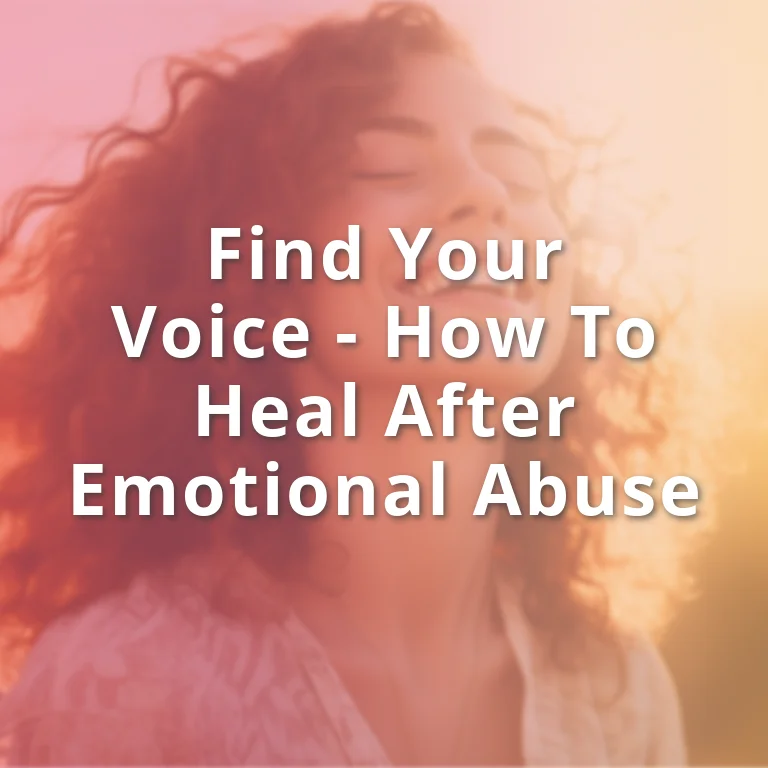
Transcript: Find Your Voice After Emotional Abuse
Anne: I have Allyson on the podcast today. She’s an advocate for women and a believer in self-defense. She has a black belt in traditional TaeKwonDo and helps teach women’s self-defense classes to help them find their voice and meaning after abuse.
Welcome, Allyson.
Allyson: Oh, thank you. It’s good to be here.
Anne: So, what does “find your voice” mean to you?
Allyson: It was definitely a long time coming. I came from a home of abuse. I’ve had experiences of men following me, pestering me. I’m short and tiny and an easy target. It was important to me not to be a target anymore. I decided to attend martial arts classes. I wanted to learn technique, because when a guy is six feet plus, he’s got a lot of mass behind him.
And if you know what you’re doing, technique wins. Even with the enormous size difference. You can get out, escape, defend yourself. And of course, you always feel dumb going in there. You know, people are looking at me a little funny, and you’re like, you want me to do what? You want me to, are you sure? I went from scared to do anything. To where I am now today, I’m teaching women how to defend themselves.
Anne: Making meaning in finding our voices takes time and effort. We can do it in various ways. I started podcasting, I garden.
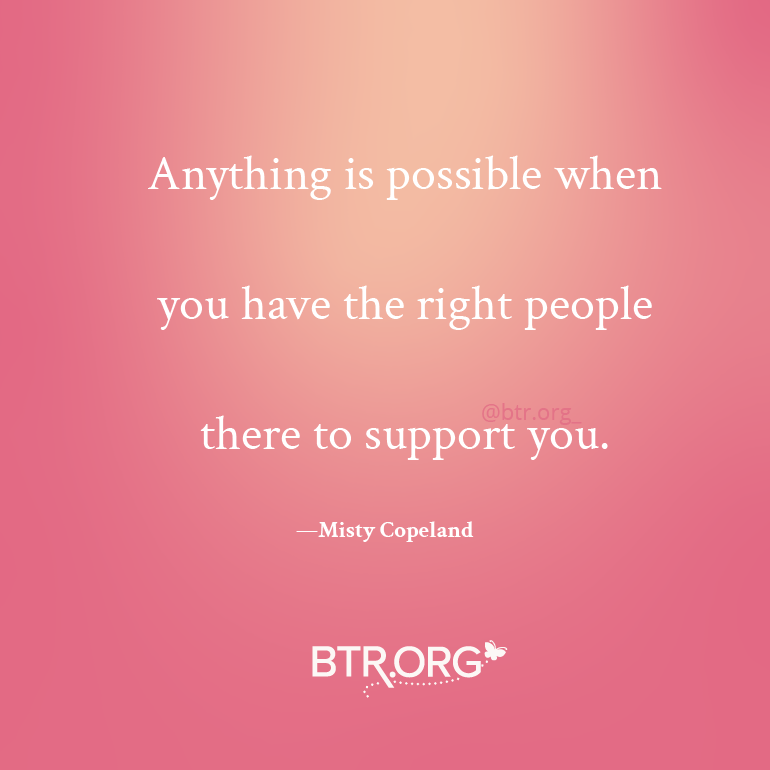
Empowerment Through Self-Defense
Anne: How did self-defense empower you to find your voice to recover from emotiona abuse? I’m guessing they taught you ways of using your voice to defend yourself.
Allyson: My biggest one is don’t be afraid to turn around and face your attacker. Whoever is tailing you, the easiest way to get out of something without him touching you is to face him eye to eye. For example, I was out grocery shopping. This guy just started following me with an empty cart. And at first I was like, okay, maybe you just need one item, but no, he just kept on following me.
He wasn’t picking up vegetables, nothing. He was intently and closely following me. And of course, my hackles rose. I turned around. I looked him straight in the eye and I was like, do you need something? Can I help you? And that’s all it took. He left his cart and ran. I have friends who worked at the prison, and he’s like, honestly, if women knew the power they have by making eye contact, like, I’m not going to put up with this.
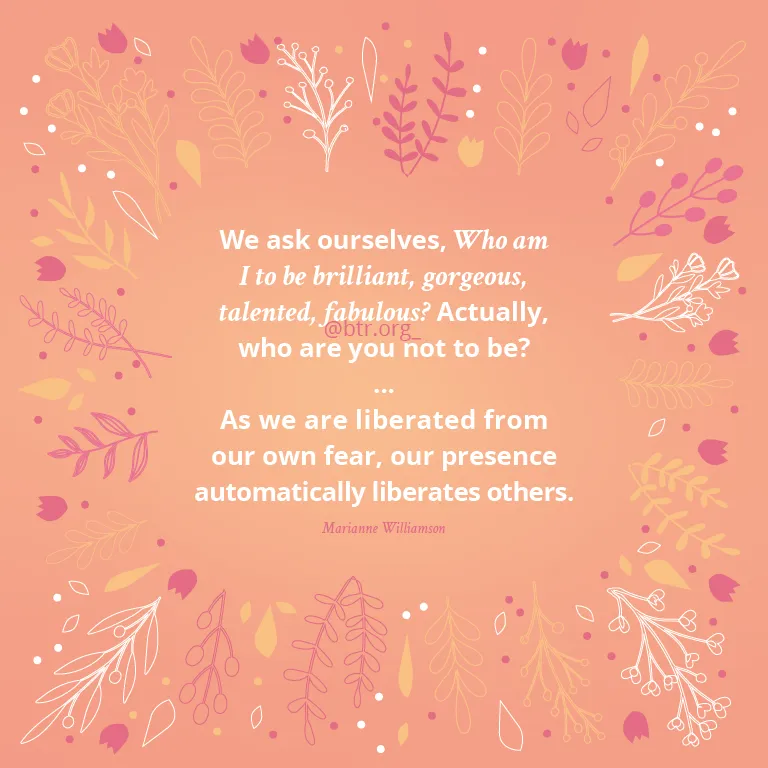
These men want an easy target. They want somebody who’s not going to scream, the person who’s going to freeze. As soon as you put up, who are you? What is your name? What do you want? And it’s the tone of your voice. You notice my voice changed when I said that? I wasn’t nice to this guy. It was either you tell me what you want or you beat it. So that right there is power. Do not think you are powerless.
An Example Of How To Find Your Voice
Anne: If we can prepare our daughters and also train ourselves now that we know more, what to expect. When I was young, my mom told me, if you’re ever being raped, look him straight in the eye and say loudly and clearly, this is rape and I will prosecute. I see you and I know what you’re doing. And I’ve taught my daughter that from a very young age. I’ve also taught all my kids basic self-defense.
An abusive man feels entitled to your attention, and your body. And it’s shocking. Sometimes we don’t want people to talk to us, and it’s okay for us to say, no, thank you, and just move on. So I have a policy in my home that I do not open the door for anyone I do not know, like a door to door salesman.
And I mentioned that I loved gardening. One day, I was in my front yard. One of these sales people walked up to me and started talking to me. I interrupted him after he said maybe one word and said, I’m not interested. Please go away immediately. I didn’t even listen to him for a second.
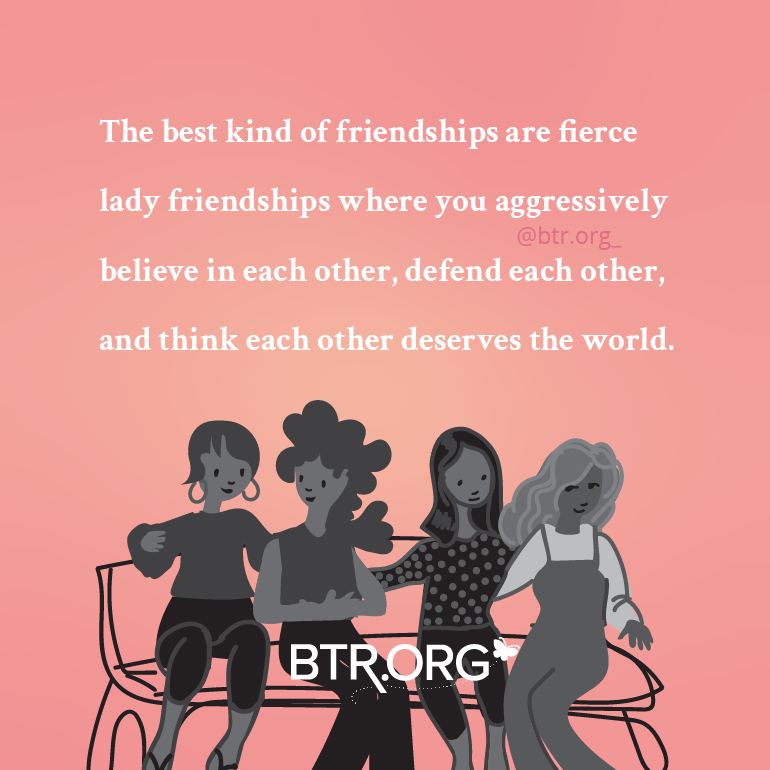
Instead of going away immediately, he started asking me questions. Like, oh, what are you doing? How long have you … And I said, stop talking. I’ve told you, I don’t want to talk to you. Go away, then he actually continued to try to talk to me. I stopped him again and said, you’re still talking and you’re on my property. You need to leave now. Would you like me to call the police? His entitlement was shocking.
Women Don’t Owe Abusive Men Anything
Anne: He walked away. Like I was the crazy one, even though I had told him three times, I did not want to talk to him, and he needed to go away. I was like, no, you are the crazy one, mister. Here are the facts: Women don’t owe abusive men anything. We don’t owe them a conversation. This is important to understand when you are wondering how do I set boundaries?
Allyson: Recently, I felt that it is my empowerment as a female and mother to tell my boys: If a girl says no, it is your job to walk away and forget about it, move on. It’s her right to say no. And of course, they’re looking at me going, okay, duh. She says, no. I’m not going to keep pestering her. I’m like, good. Don’t, because you have that right to say no, everybody has that right.
Anne: Now, due to the Living Free strategies, I can talk to them because he doesn’t take up any space in my head anymore.
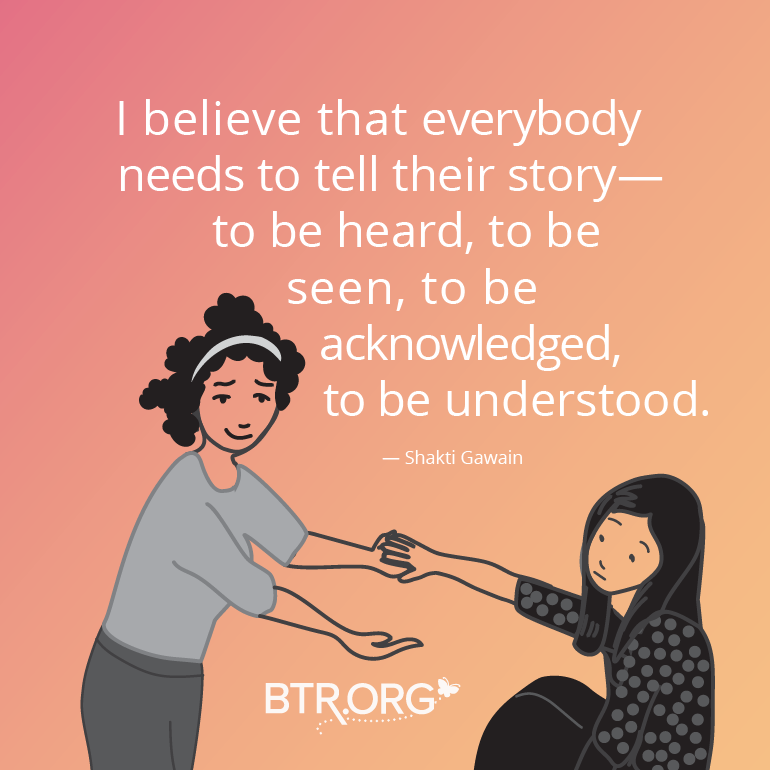
And the Living Free strategies protect my mind and emotions from everything he does now. It’s a miracle, I’m so grateful. I discovered those strategies because I lived in fear for so long. I finally experienced the stages of deliverance from abuse. During that time, when I could not talk to him in person ever, ever, ever. I appreciated the mediator of Our Family Wizard. I still appreciate it. And I show people how to use it in Living Free Workshop.
Find Your Voice After Abuse: The Importance Of Having A Mediator
Allyson: It is fantastic to have a mediator, always to have a mediator, whether it’s your lawyer, a family member, a friend, somebody who’s got the balls to translate for you and do what needs to be done. Because the most intimidating thing ever is to face your harasser and have the presence of mind to be like, oh, I know exactly what I want to say to you. I know very few women who can do that, very few.
So I still haven’t approached my abuser. I know in my head exactly what I’d want to say, but abusers rationalize like crazy. And then you go away thinking, wait a sec, am I a crazy one? Wait, I thought I wasn’t crazy, but I’m starting to think I’m crazy. Maybe I just imagined this. So, put that barrier between you and them. And this took many years of training for me, because I grew up abused. So it was difficult for me to find my voice or even say anything.
And it was, when I started martial arts training. They are there to give you that confidence, to give you that feeling like I can do anything. So find your voice and use it. Whatever you do, do not freeze.
Anne: Yeah. In the moment, that’s a trauma response. It’s our natural way of resisting the abuse. And once you figure out what’s going on, take action. And that’s why I teach women’s safety strategies in The Betrayal Trauma Recovery Living Free Workshop. How to create those protective barriers between you and the abuser. So finding your voice can be more than verbally confronting an abuser. It can mean that we finally speak to safe people.
Support & Strategies To Take Action
Anne: We can attend Betrayal Trauma Recovery Group Sessions, and that we reach out for support from people who understand. Those who have been through it know how important it is to find your voice. And using strategy to determine what their character is, because communication often puts you in more danger. They’re so good at manipulating. Like what you said before, they’re so good at rationalizing.
It may be dangerous to talk to them. So finding your voice might mean learning strategies and taking action. And you can learn all about those strategies in The Betrayal Trauma Recovery Living Free Workshop. You have to be safe before you can begin the healing.
Allyson, with your history of abuse, decided to do martial arts, which helped find your voice. Martial arts sounds like an awesome option for women.
Allyson: I highly recommend martial arts to everybody. I think it’s an essential social skill. It’s very important.
Anne: Yeah, whatever works, right? Whatever works for you is the right thing to do. Allyson, thank you so much for coming on the podcast today.
Allyson: Thanks for having me.




0 Comments